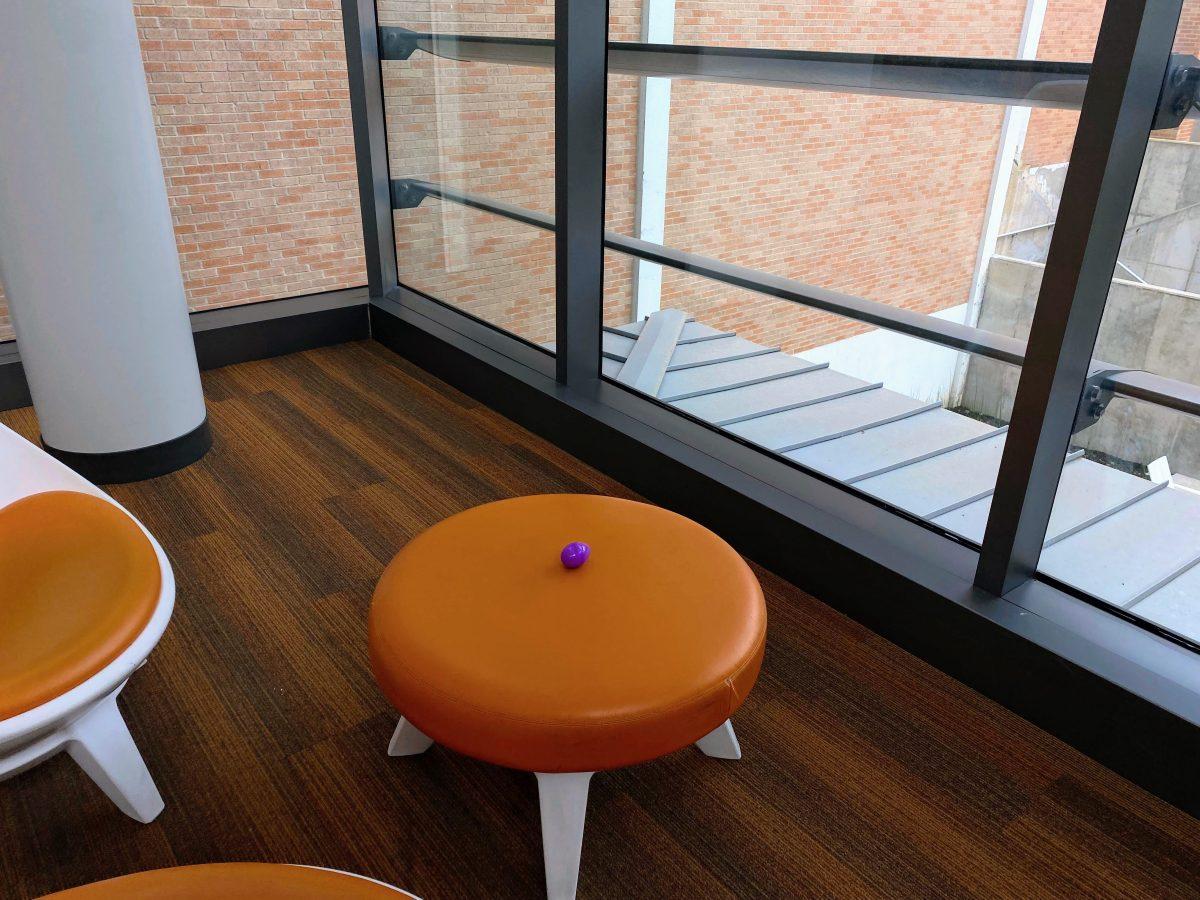
College students regularly fall victim to identity theft and scams on campuses across the nation. Students can be an easy target for scammers because of their age and lack of experience.
Scammers target students typically through phone calls, emails and social media accounts.
“Phone calls pretending to be from the admissions office or maybe from the IRS or student loan office and email solicitations,” Institutional Compliance Officer for Sam Houston State University and Certified Fraud Examiner Joseph Agins said. “But primarily through social engineering, phishing and spoofed emails.”
Although there are several ways students are targeted, according to Agins, there are preventive measures students can take to be safe from scammers.
“Be aware and informed that these scams exist and, always remember, if something seems too good to be true, it is,” Agins said. “Check your credit report regularly, the Student Legal Services Office will actually do this for you free of charge and they can also provide guidance if there is something on there that shouldn’t be.”
Senior citizens were once the most likely to fall victim to fraud, but according to the Better Business Bureau, college students fall victim more than the elderly.
“It used to be the elderly that were targeted and victimized the most and now it’s college students,” Agins said. “According to the Better Business Bureau, consumers ages 18 to 24 are three times as likely than senior citizens to fall victim to scams and fraud.”
Agins said that he is always willing to help campus community members with issues related to fraud.
“My job is trying to ensure the university meets or remains in compliance with all of the regulations that guide our industry and activities,” Agins said. “Students or anyone else is always free to reach out to me with questions about fraud, student scams and white-collar crime.”
For more information on how to protect themselves from identity theft, students are invited to the “Scams, Fraud, & Identity Theft” presentation that Agins is hosting on March 4 from 6-7 p.m. in Lowman Student Center room 230.













